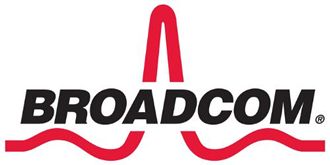Vodafone’s Dutch subsidiary has flogged off its fixed-line operations to Deutsche Telekom subsidiary T-Mobile Nederland.
More than 150,000 customers will be finding themselves with German overlords as part of the deal. It is not clear how much money changed hands in the sell off.
The whole thing is a sop to European Union watchdogs who otherwise would not be so keen on letting the much larger merger of Vodafone’s Dutch operations with Liberty Global’s Dutch subsidiary Ziggo go through.
Vodafone is the second-largest mobile provider in the Netherlands, while Ziggo is the biggest cable company so owning fixed lines would be a monopoly too far as far as the EU is concerned. Particularly as the pair will form a strong competitor to KPN, the former Dutch state telecommunications company.
The telecommunications industry is undergoing a period of consolidation in Europe making for a rapid shake-up of the sort of services suppliers can offer. Dubbed “market repair” by analysts there are moves to consolidate in countries such as France, Italy and the UK. The big idea is that it will be the best way for big companies to generate the billions of euros required to invest in next-generation networks.
On the other side stand antitrust regulators such as Margrethe Vestager, the EU’s competition commissioner, and the UK’s Competition and Markets Authority. They are firm proponents of the view that national telecoms markets in Europe benefit from having four operators. In their critics’ eyes, I suppose this makes them champions of market disrepair.


















